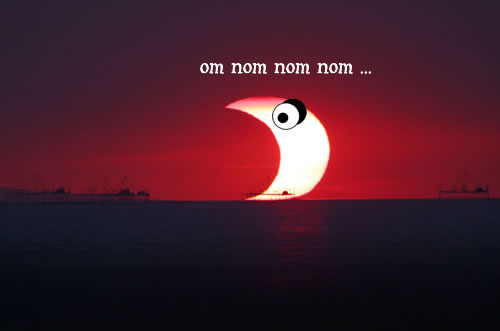Today’s the day that we tend to reflect on New Zealand/Aotearoa as a nation: its foundations, its continuing tensions, and the possibilities and threats that lie in its future.
So I was interested in the “Waitangi Eve” discussion at the War Memorial Museum last night, featuring Sir Paul Reeves, Moana Maniapoto and others as part of a must-attend series featuring music and debate.
Because, you see, I’m not entirely convinced that we need a “national identity”, except maybe to inspire creative endeavours. After all, don’t we live in a globalised world? Arguably, the concept of the nation state dates from the Treaty of Westphalia in 1648, and now it seems so twentieth century. And just look at all the trouble nationalism has caused. Wouldn’t we be better off without it? (Who wants to be like the hyper-nationalistic Aussies, anyway?)
I should admit that for many years I was ambivalent about my “New Zealandness.” Hardly surprising, since I was born in London, and my Waikato farming cousins gave me a hard time as I was growing up in the 1970s for being a “whinging Pom.”
Never mind that our mutual ancestors had mostly arrived here in the 19th century, as far back as 1842. Never mind that, having no memories of Merrie Olde England, I could hardly make any comparisons with NZ. Who’d want to belong to such a dull, narrow-minded, backwater?
But it shaped me, too. When I eventually got to London, I discovered that I am a stranger in the city of my birth. Like so many in this century, I am not entirely at home anywhere. But I am most at home at the bottom of the South Pacific. I have come to think of myself as an “Anglo-Kiwi.”
Back to the museum. Sir Paul noted, I think, how apt was the location of the discussion: in the magnificent Maori Hall, encased as it is in the Grecian-Roman colonial monstrosity that is the Museum. Moana Maniapoto provided one of the real insights of the evening. This quest for national identity, she said, is a Pakeha thing. True, how true.
For the past decade, the quest has been led by Helen Clark, who made it a very personal quest, with pilgrimages to Gallipoli and so on. The linkages with creative endeavours are clear, especially to those in the arts community. And a shared national identity may help us to find a way to get along as “one nation, many peoples.” The putative linkages with economic progress I’m less than convinced about.
I’m more concerned that national identity is often used to conceal the very real differences between the haves and the have nots in society. Look at the U.S.A. And gives way to mindless patriotism, all too easily exploited, especially by the right. Look at the Patriot Act.
If we are going to forge a national identity, let it be considered and thoughtful, not like some others. And let it be based on that traditional value that marked our shared (Pakeha, at least) value of the past that deserves to be reprised: a concern for other New Zealanders.

